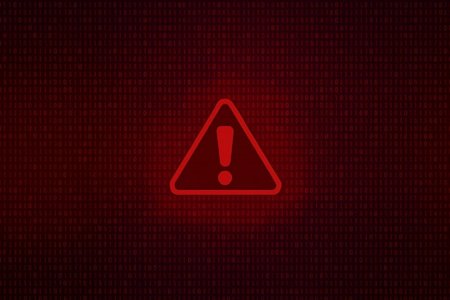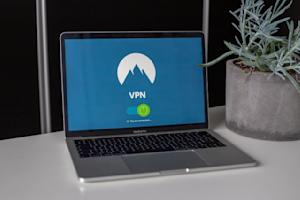In 2021, the world saw a rise in security breaches on a national and global scale. Data leaks and compromised systems resulted in massive data and revenue losses and put millions of users at risk.
One possible cause of these events: the increase in working from home without taking security precautions. Covid-19 pushed nearly 42 percent of the U.S. labor force to work from home full-time, and while working from home does have many benefits, it lacks the robust security infrastructure an in-office environment provides. Because of this, many hackers found an opening to attack through in-home offices, as there were more chances of human error and weak cybersecurity systems.
Now, in 2021, breaches are only continuing to grow. According to Sonic-wall’s mid-year update, there were over 2.5 billion malware attacks and 304.7 million ransomware attacks in the first half of 2021 alone. Incidents like these may continue to increase until the end of the year, so it’s best to learn from the major events to prevent them from happening to you.
Let’s dive right in:
T-Mobile
On August 19, 2021, T-Mobile released a report stating that over 7.8 million current T-Mobile customer accounts were compromised. This incident included stolen files of over 40 million records of former or prospective customers, including first and last names, date of birth, SSN, and driver’s license/ID, and potentially even credit card information.
Colonial Pipeline
Colonial Pipeline Co. operates a 5,500-mile pipeline that delivers 45% of the gasoline and jet fuel supplied to the U.S. East Coast. According to NPR, on May 17, an American pipeline company suffered a ransomware attack that affected computers that managed the pipeline equipment. With FBI assistance, they paid the ransom of 75 bitcoin or $4.4 million within the same day of the attack.
Infinity Insurance Company
On March 16, 2021, Infinity Insurance Company notified an unknown number of individuals that, in December 2020, there were unauthorized users on their accounts that had access to the company’s files and servers. Some of the files included social security numbers and driver's licenses.
20/20 Eye Care Network
Earlier this year, 20/20 Eye Care Network, Inc. had a data breach that compromised both personal and protected health information of over 3.3 million individuals. According to classaction.org, this incident was “the result of [their] failure to implement ‘adequate cyber-security measures’ to protect consumers’ information.” As a result, hackers might have gained access to patients’ names, addresses, social security numbers, member identification numbers, dates of birth, and health insurance information.
Data Breaches are not Urban Legends
Big or small, poor cybersecurity methods and practices can be costly and leave your company in financial and reputational ruin. As workforces continues to work from home, this can potentially leave your company vulnerable to all sorts of threats if you’re unprepared.
The first solution is to protect your business before a breach occurs. The first solution is to provide proper training, like cybersecurity courses, for your employees. A knowledgeable team can prevent human errors that result in cases like Man-in-the-Middle attacks.
The second is that you may need to implement tools for long-term work-from-home environments. One example can be an access management platform such as Foxpass, which adds solutions such as RADIUS, PKI Digital Certificates, and SSO to your security protocols. These tools provide additional layers of security that protect accounts, verify user identity, and keep unauthorized users out of company networks.
Foxpass is a powerful solution, built to improve security when your teams are working remotely or in-office. Remote work doesn’t mean you need to sacrifice security for convenience, and with Foxpass, you can work efficiently without fear.
Upgrade Your Security
Want to bring the best in access control to your business? Click here to learn how Foxpass can help you avoid costly security mistakes:





